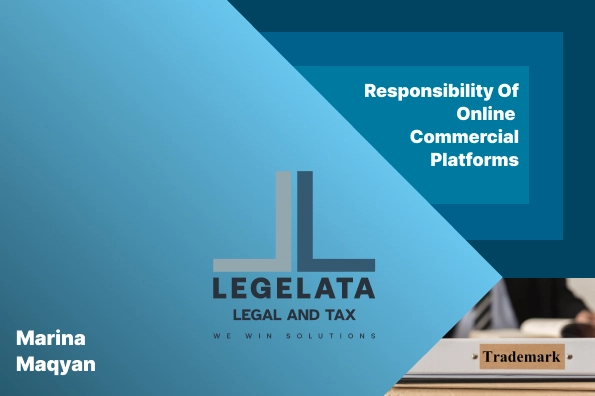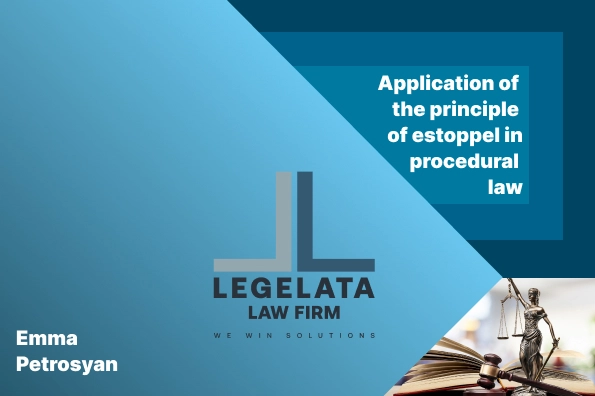1. What considerations prompt organizations to pursue redomiciliation to Armenia for their legal entity?
In light of the prevailing global uncertainties stemming from geopolitical tensions, businesses are increasingly compelled to seek optimal solutions for sustaining and advancing their operations.Amid these challenges, the decision to pursue redomiciliation to Armenia is driven by a confluence of factors aimed at addressing fundamental business imperatives:
- Facilitating global cooperation: Organizations aspire to seamlessly engage in business activities across diverse regions, including the EU, US, and Russia, while avoiding entanglement in political dynamics and regulatory scrutiny.
- Streamlining international banking transactions: A key consideration is the ability to execute banking operations globally with ease and minimal disruption, maintaining continuity in financial transactions.
- Evaluating tax implications: Armenia's proactive efforts in offering various tax incentives for foreign investments present an attractive proposition for businesses seeking favorable tax regimes. Additionally, the establishment of free economic zones enhances the appeal of investing in the country.
- Exploring residency opportunities: The prospect of obtaining residency status in Armenia through business incorporation, including redomiciliation, holds strategic advantages for entrepreneurs. Such residency status not only facilitates travel but also opens doors to residency privileges in EU countries.
These considerations underscore the multifaceted appeal of redomiciling to Armenia as a strategic move for businesses navigating the complexities of the contemporary global economic landscape.
2. In which specific scenarios would you consider pursuing redomiciliation?
In today's complex business landscape, companies encounter numerous challenges related to the receipt and transfer of assets, often exacerbated by the impact of sanctions and geopolitical tensions.
Consequently, one primary motivation for undertaking redomiciliation is to ensure unfettered access to international assets and the fulfillment of overseas obligations. In this context, Armenia emerges as a dependable solution for addressing such challenges.
3. What exactly does redomiciliation entail?
In the realm of corporate law, redomiciliation stands as a pivotal maneuver, embodying the intricate process of relocating a legal entity from one jurisdiction to another. Redomiciliation, at its core, denotes the transfer of a legal entity across jurisdictional borders.
Conclusion
Contemplating redomiciliation? Consider the next steps post-redomiciliation. One viableoption is converting the company into a Special Purpose Vehicle (SPV).
In the context outlined in this article, where the primary motive for redomiciling the business is to facilitate the transfer of assets abroad, it may still be necessary for the main business to maintain a presence in its original jurisdiction. In such instances, the transfer of remaining assets and obligations to a subsidiary becomes imperative.
Consequently, the company undergoing redomiciliation would retain only the specific asset or obligation on its balance sheet, effectively transforming into an SPV. Once its intended purpose is fulfilled, the SPV can either be liquidated or repurposed according to the preference of the stakeholders.
Author:
Karen Chichoyan
Associate, Legelata Law Firm
DISCLAIMER:
This material is produced for Legelata LLC. The information contained in this piece is provided for general informational purposes only and does not contain a comprehensive analysis of each item described. Prior to undertaking (or not to undertaking) any actions, the reader is advised to seek professional advice tailored to their specific situation. Legelata or the author accepts and holds no liability for acts or omissions taken in reliance upon the contents of the contained information in this material.
LEGELATA LLC 14.05.2024












